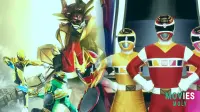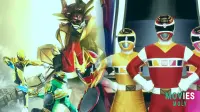Get ready for some seismic news in the world of tokusatsu! Reports suggest Japan's iconic Super Sentai series, the colorful foundation for Power Rangers, might be powering down after half a century, but the full story is still morphing.
TL;DR: The Latest on Super Sentai's Future
- Japanese media outlets like Kyodo News and Sankei Shimbun are reporting that the long-running Super Sentai franchise will conclude with its current series, No.1 Sentai Gozyuger, after an incredible 50-year run.
- The primary reason cited for this potential ending is financial: high production costs are reportedly no longer being covered by revenue generated from merchandise, events, and film tie-ins.
- While official confirmation from Toei and TV Asahi is still pending, many fans and even producers hint that this might not be a definitive end, but rather a "next stage" or a strategic rebrand to market the series more broadly without its traditional licensing ties to Power Rangers.
Alright, folks, buckle up, because there's some talk brewing in the tokusatsu world that could shake things up big time. Word from Japan is that Super Sentai, the legendary action series that has thrilled generations and served as the awesome blueprint for our beloved Power Rangers, might be coming to an end. After an astonishing 50 years on air, it’s rumored that the current series, No.1 Sentai Gozyuger, could be its final hurrah.
Japanese media outlets, including the prominent Sankei Shimbun and Kyodo News agency, have been reporting this news, citing sources familiar with the matter at TV Asahi, the show's broadcaster. Apparently, the show’s high production costs have started to exceed the money it brings in from all the cool merchandise, live events, and movies. That's a bummer, right? However, it’s super important to note that neither Toei, the series owner, nor TV Asahi has given us any official comments on these reports yet. So, while the whispers are loud, they're not fully confirmed.
A Legacy Forged in Color: Super Sentai's Half-Century Reign of Justice
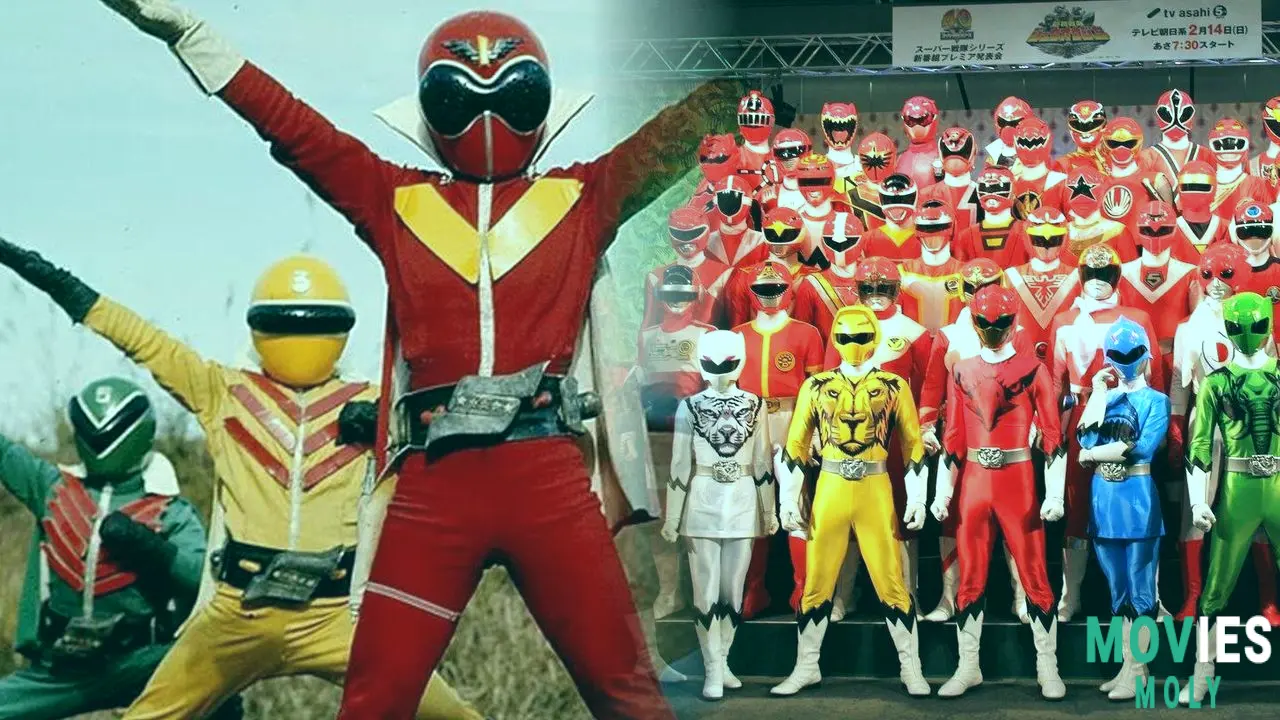
To truly grasp the magnitude of this news, we need to appreciate just how massive Super Sentai is. It all kicked off way back in 1975 with Himitsu Sentai Gorenger (which some of us might remember as "Five Rangers" if you caught it abroad!). This series introduced the iconic formula: a team of usually five colorful, masked heroes, often three men and two women, led by a red-suited fighter, who would morph to battle aliens and monsters. Every episode would feature epic martial arts, sword fights, and a climactic battle where their giant robot spaceship takes on a colossal alien foe.
From 1979 onwards, a new iteration of Super Sentai graced Japanese television almost every single year, bringing us a grand total of 49 distinct series, including the currently airing Gozyuger. There was just one small break in 1978 when Toei partnered with Marvel Comics to produce its own unique Spider-Man series. Interestingly, it was after the success of that show, particularly its giant robot Leopardon, that the giant robot concept was brought into Super Sentai with 1979's Battle Fever J, forever changing the franchise.
Beyond being fantastic entertainment, Super Sentai has been a cultural cornerstone and a massive stepping stone for many aspiring Japanese actors. Future stars like Tori Matsuzaka, Yuki Yamada, and Ryusei Yokohama all got their start wearing those colorful suits. The show was also a powerhouse for merchandising, essentially serving as a weekly advertisement for a never-ending stream of toys, clothes, costumes, and collectibles that fueled the dreams (and wallets) of many a fan and collector.
From Japan to the West: The Indelible Link to Power Rangers
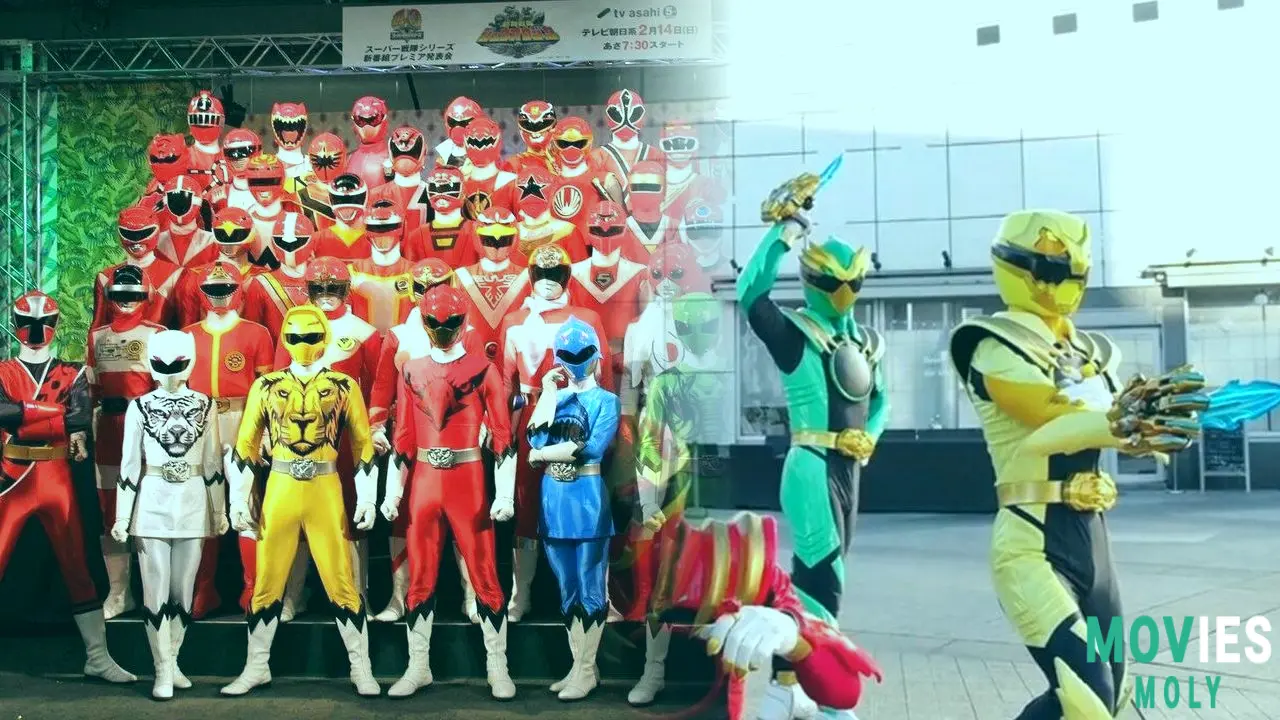
For many of us in the West, Super Sentai is synonymous with Power Rangers. Starting with Mighty Morphin' Power Rangers in 1993 (which adapted 1992's Kyōryū Sentai Zyuranger), the American series famously used footage from its Japanese counterpart. This meant recycling the awesome suit designs, creature concepts, mecha battles, and much of the explosive action sequences, splicing them together with new scenes featuring Western actors. It was a genius move that created a global phenomenon.
The news of Super Sentai's potential end comes hot on the heels of some big changes for Power Rangers too. The main Power Rangers TV series in the U.S. recently wrapped up its main timeline with Power Rangers Cosmic Fury in 2023, and 2024 was the first year without any new Power Rangers episodes since the original Mighty Morphin' Power Rangers began. Interestingly, Cosmic Fury was also a landmark for the Western franchise, as it was the first season to exclusively feature new costume designs, rather than adapting them from Super Sentai.
However, there's also talk of a new live-action Power Rangers series in the works at Disney+, with Percy Jackson and the Olympians showrunners Jonathan E. Steinberg and Dan Shotz attached as writers and producers. If Super Sentai truly ends, this new Power Rangers project would likely need to be entirely original, which could significantly drive up production costs, as they wouldn't have that rich library of Japanese footage and designs to draw from.
Behind the Scenes: Why the Rumored End After Half a Century?
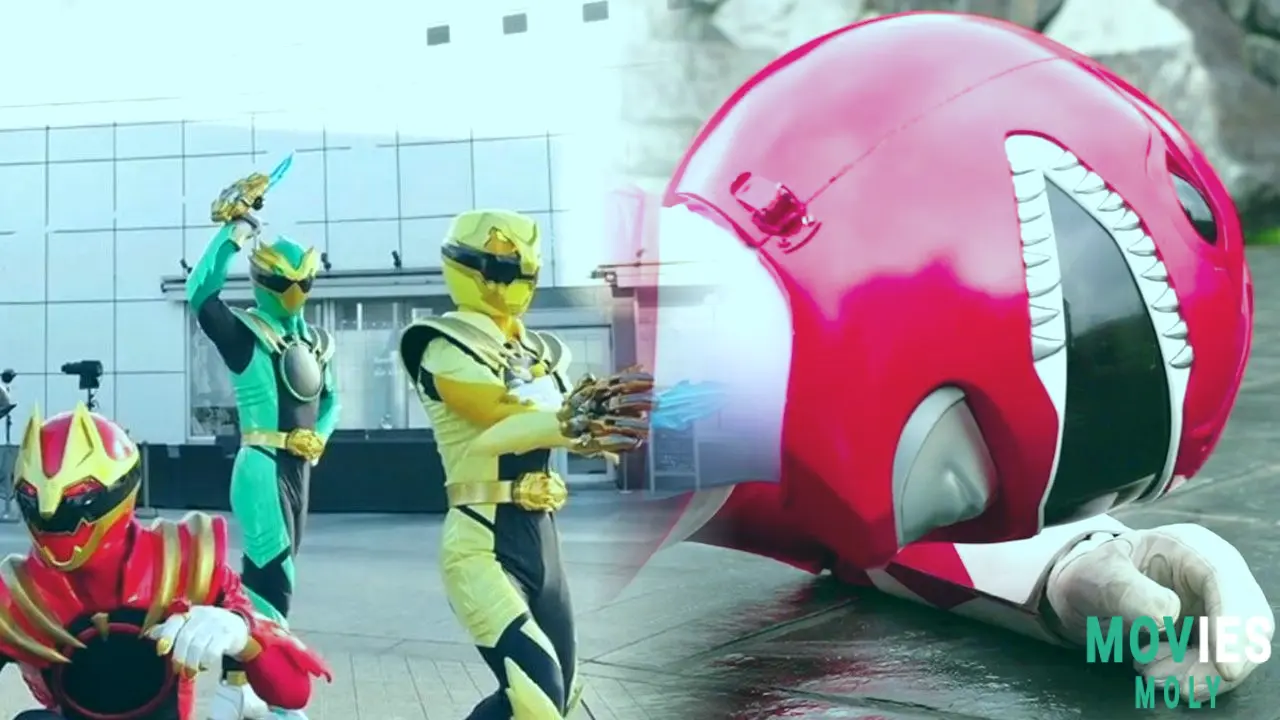
The core reason floating around for Super Sentai's rumored demise points to cold, hard cash. Sources from TV Asahi suggest that the financial model isn't working anymore, with the series’ massive production costs outstripping the revenue from merchandise, events, and movies. While it has been a huge force in the tokusatsu sci-fi fantasy genre, the reports indicate a "notable decline in popularity in the past decade" for Super Sentai, especially compared to its older-skewing rival franchise, Kamen Rider, which also originated from manga artist Shotaro Ishinomori.
The rise of streaming services has also reshaped how audiences consume content, potentially impacting traditional TV ratings for shows like Super Sentai. It’s a tough media landscape out there, and even a beloved, long-running franchise can feel the pinch if its monetization strategies don't keep pace with changing viewership habits and escalating production values.
Is This Just a Morph? Fan Theories and a Producer's Vision for the Next Stage
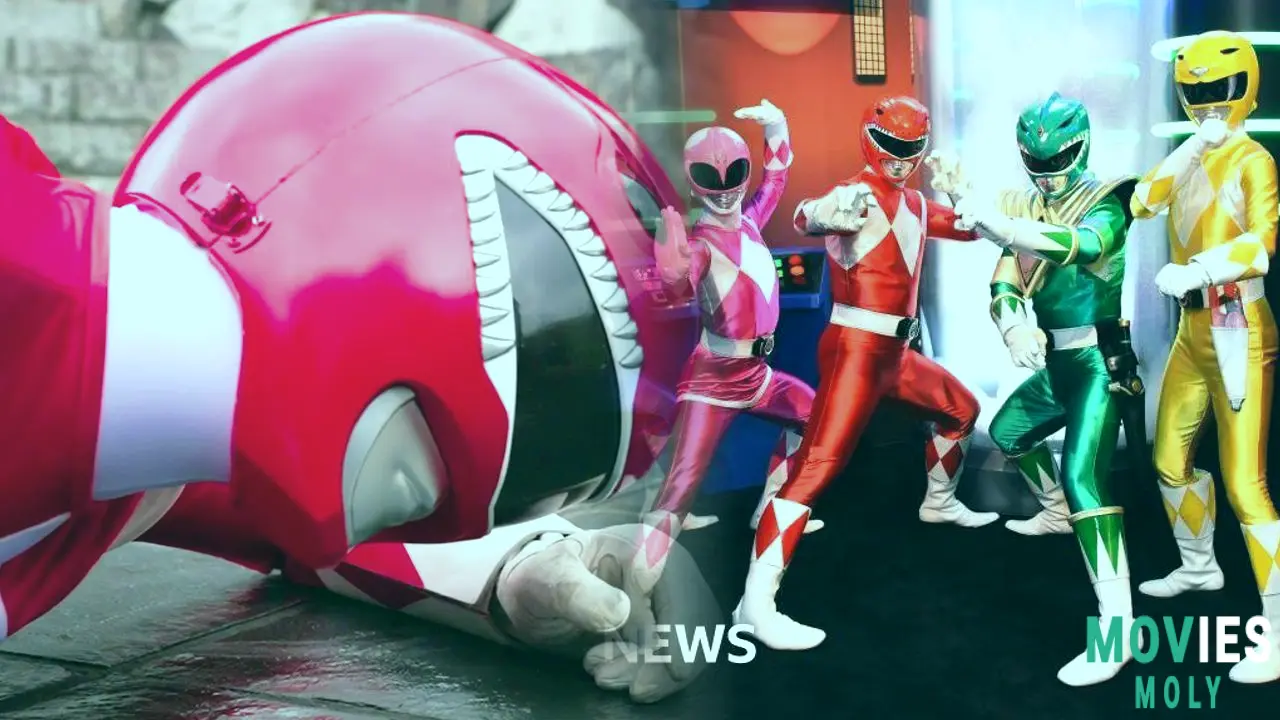
Here’s where things get interesting, and a glimmer of hope emerges for many devoted fans. While the news sounds pretty definitive on the surface, many are skeptical that Toei would simply abandon such a popular and historically significant franchise. Fans online are buzzing with theories that this might not be an "end" in the traditional sense, but rather a "Henshin"—a transformation or rebrand.
One popular theory is that Toei wants to drop the "Super Sentai" name to distance itself from the Power Rangers licensing arrangement it co-owns with Hasbro. This strategic move could potentially allow Toei to market the original Japanese series more broadly outside of Japan and into Western markets under a new, fresh brand, without the complications of the shared Power Rangers branding.
Adding fuel to this speculation are comments from none other than series producer Shinichiro Shirakura. Earlier this year, speaking to Daily Sports Online, Shirakura hinted at big changes ahead:
"I think Gozyuger is a program that retells the history of Super Sentai, including redefining the warriors of the past. That’s why the 51st series can’t just be an extension of that. I believe the program itself has to move on to the next stage… and we’re currently in the midst of building it!"
— Shinichiro Shirakura, Super Sentai ProducerThis statement strongly suggests that while "Super Sentai" as we know it might be transforming, Toei isn't planning to leave the world of colorful hero teams behind entirely. Traditionally, the title for the next Super Sentai series emerges through trademark filings in Japan around November. These upcoming filings could be the first real official clue as to Toei's definitive plans for the future of its flagship hero team franchise.
What the Future Holds for Tokusatsu Legends and Global Audiences
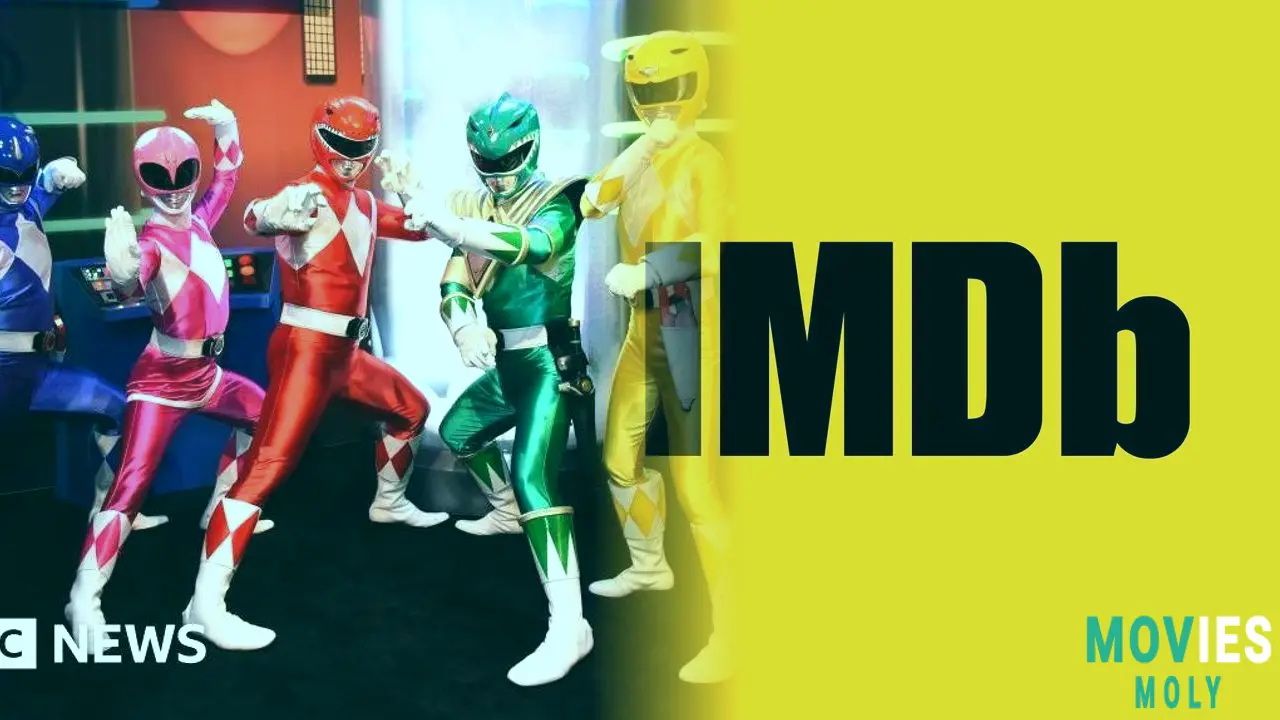
If this rebranding or "next stage" truly happens, it could be a game-changer for Toei and the tokusatsu genre as a whole. As mentioned, Kamen Rider, Toei's other long-running tokusatsu staple, has seen a resurgence and is actively pursuing a global strategy. For example, Kamen Rider Zeztz, the latest series, became the first in the franchise's history to offer U.S. simulcasts this year, showing a clear intent to reach wider international audiences.
This success might serve as a model for Toei’s future plans for its hero team series. By shedding the "Super Sentai" name, they could potentially free themselves from existing licensing agreements that might have constrained their international marketing efforts for the original Japanese shows. This could mean more original Japanese hero content becoming directly accessible to fans worldwide, rather than solely through localized adaptations like Power Rangers.
The notion that Super Sentai, a franchise too popular and profitable in terms of public sentiment, would simply vanish without a trace is hard for many to swallow. While fan discourse has certainly focused on product sales concerns for years, a complete end seems unlikely for a brand that has ingrained itself so deeply into popular culture and served as a launchpad for so many careers.
Gozyuger: The Current Chapter and Its Significance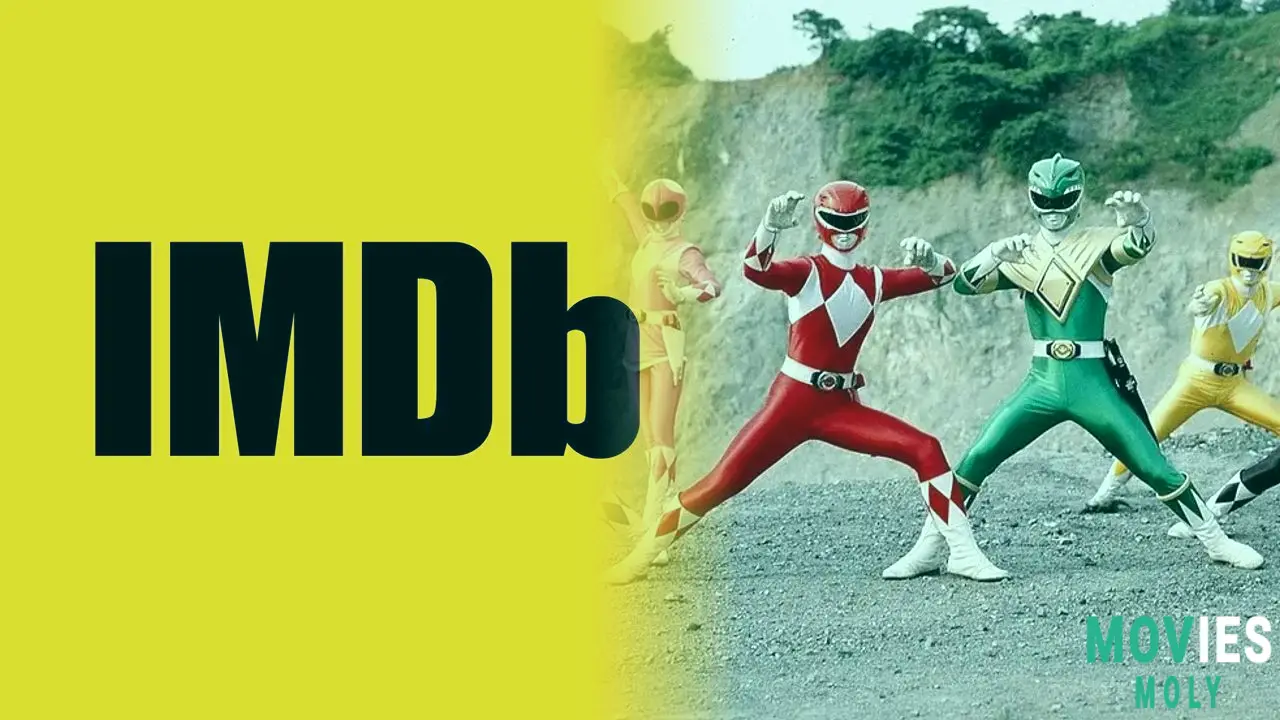
For now, fans can still enjoy No.1 Sentai Gozyuger, which premiered earlier this year and is currently airing every Sunday at 9:30 AM JST on TV Asahi. This series is not just another installment; it's the 49th entry but also commemorates the franchise's 50th anniversary, a significant milestone. It's expected to run until next year, with about 17 episodes left to go, giving fans time to savor this potentially final chapter of Super Sentai as we know it.
The "All Super Sentai Exhibition" event is also being held across Japan to further commemorate this golden anniversary, providing a nostalgic look back at the franchise's incredible journey. While the news about its potential conclusion adds a bittersweet flavor to these celebrations, it also highlights the profound impact Super Sentai has had globally.
What Does This Mean for You, the Dedicated Fan?The possible ending of Super Sentai is undoubtedly a moment of sadness and frustration for millions of fans who have grown up with these heroes. Celebrities like popular actress Keiko Kitagawa and actor Yasuhisa Furuhara (who played a Super Sentai fighter himself) have already expressed their "despair" and pride in being part of such a long history. It’s a testament to the franchise’s enduring power that its potential conclusion stirs such strong emotions.
However, this uncertainty also brings a sense of anticipation. Could this be the beginning of something new and even more exciting for Toei's hero teams? A fresh name, a revamped format, or a global push could invigorate the franchise for another 50 years. We’ll be keeping our eyes peeled for any official statements from Toei and TV Asahi, especially those crucial trademark filings in the coming weeks. Until then, let’s celebrate the incredible legacy of Super Sentai and hope that our heroes are simply getting ready to morph into their next, even mightier form!
Frequently Asked Questions About Super Sentai's FutureIs Super Sentai officially canceled?
As of right now, no official statement has been made by Toei or TV Asahi confirming the cancellation of Super Sentai. Reports from Japanese media outlets cite unnamed sources, so while the news is widely reported, it remains unconfirmed by the official producers or broadcasters.
When did the Super Sentai franchise first air?
The Super Sentai franchise began in 1975 with its first series, Himitsu Sentai Gorenger.
How will this affect the Power Rangers franchise?
If Super Sentai does end, it means future live-action Power Rangers productions would need to create entirely original suit designs, monster costumes, mecha, and action footage. This would likely increase production costs significantly for the American franchise, which has traditionally relied on adapted material from Super Sentai.
What does "tokusatsu" mean?
"Tokusatsu" is a Japanese term for live-action film or television drama that makes heavy use of special effects. It literally translates to "special filming." Super Sentai, along with shows like Kamen Rider and Ultraman, are prime examples of this genre.
Sources:
- Geek Bits: Japan’s Super Sentai, Inspiration Behind Power Rangers, To End After 50 Years
- BBC News: Japanese series that inspired Power Rangers to end after 50 years - reports
- KYODO NEWS: Japan's Super Sentai superhero franchise is coming to an end after 50 years
- TokuNet: BREAKING: Super Sentai Series to Conclude Broadcast with Gozyuger
- Gizmodo (io9): ‘Super Sentai’ as We Know It May Come to an End After 50 Years
- Bounding Into Comics: After 50 Years, ‘Power Rangers’ Source Series ‘Super Sentai’ Coming To An End (Or Is It?)
- ScreenRant: Japanese Power Rangers Source Series Ends After 50 Years
- CBR: Newest Super Sentai Show Will Be the Franchise's Last After 50th Anniversary
- Meristation: Super Sentai to end after 50 years, marking the conclusion of a tokusatsu era
- Anime News Network (mentioned as a source by Gizmodo): Anime News Network


